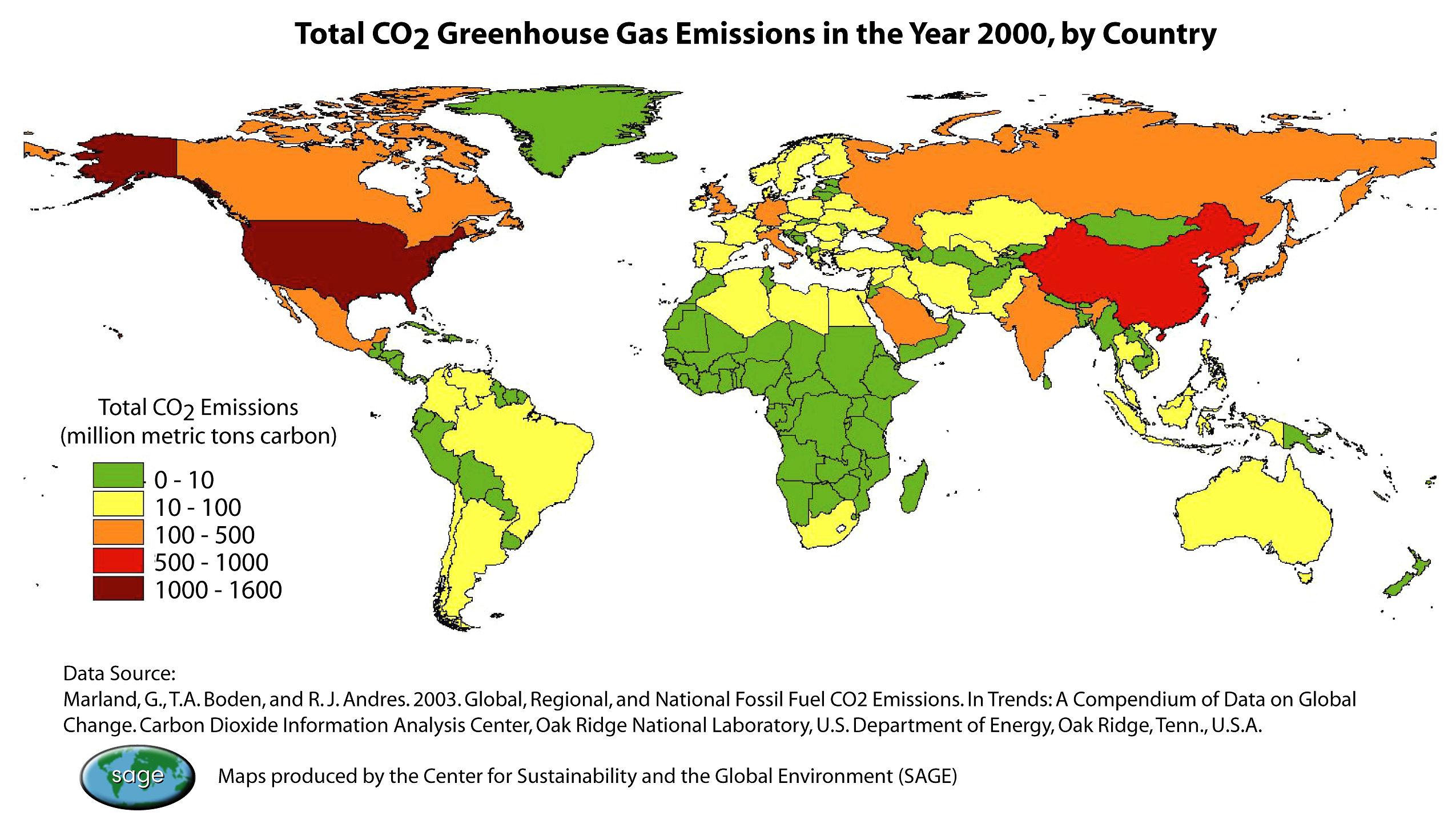 In a new Nature article, climate change's human health effects are presented as a "global ethical challenge," whose victims will prodominantly be from less developed countries. The authors stress that human-induced climate fluctuations pose a moral imperative because mortality rates will rise primarily in countries not only ill-equipped to counter public health epidemics, but also those less reponsible for creating the problem.
In a new Nature article, climate change's human health effects are presented as a "global ethical challenge," whose victims will prodominantly be from less developed countries. The authors stress that human-induced climate fluctuations pose a moral imperative because mortality rates will rise primarily in countries not only ill-equipped to counter public health epidemics, but also those less reponsible for creating the problem.
According to the World Health Organization (WHO), cited in the article, human-affected climate changes created in the the last 30 years cause approximately 150,000 deaths annually and more than 5 million illnesses each year. The Nature article, "Impact of Regional Climate Change on Human Health," says that Sub-Saharan Africa, coastal Indian, and areas boardering the Pacific Oceans are most vulnerable.
Written by a two professors at Wisconsin-Madison and a WHO scientist, their study links climate change to trends of many human diseases. Such climate effects include, for example, that of heatwaves on respiratory illnesses, malnutrition from crop failure, and affected ecologies altering the transmission of infectious diseases.
Malaria is one of the prime suspects: its insect purveyors breed exponentially in warming climates and plague dominantly poverty ridden areas--most deadly when it exaste rbates HIV/AIDS patients. But SciDev reports that co-author Dr. Patz qualified, "Climate change could increase the prevalence of malaria, but this is still difficult to prove."
rbates HIV/AIDS patients. But SciDev reports that co-author Dr. Patz qualified, "Climate change could increase the prevalence of malaria, but this is still difficult to prove."
Roy Spencer, at TechCentralStation, takes the Nature article as a spring-board to advocate for the relegalization of DDT--a known deterent to the spread of Malaria, whose controvertial environmental impact led to its inernational prohibition.
The climate-health article coincides with another Nature study released this week saying that climate change would reduce drinking water supply while ironically increasing rain. More available, here.
17.11.05
Changing Climate, Impacting Lives
Posted by melanie at 10:59 PM
Subscribe to:
Post Comments (Atom)




0 Comments:
Post a Comment